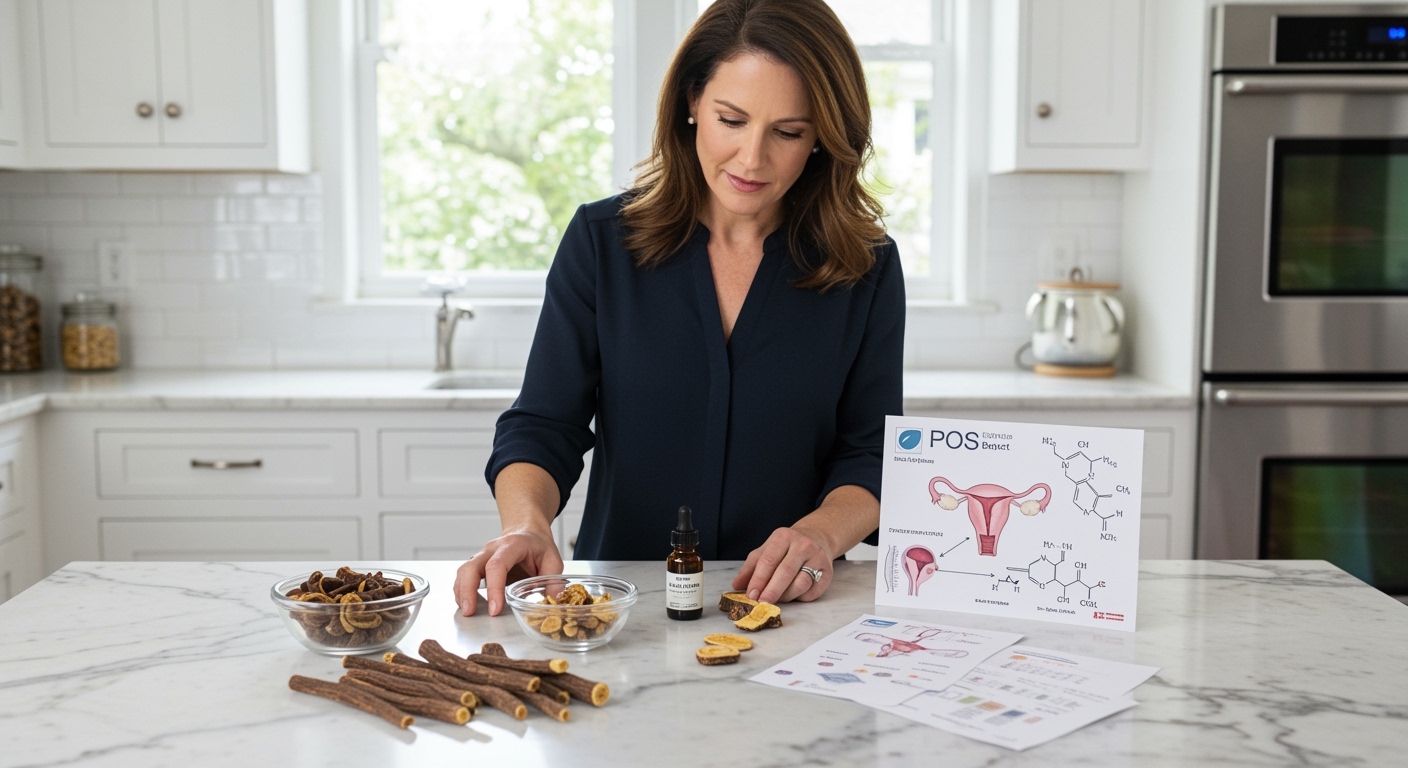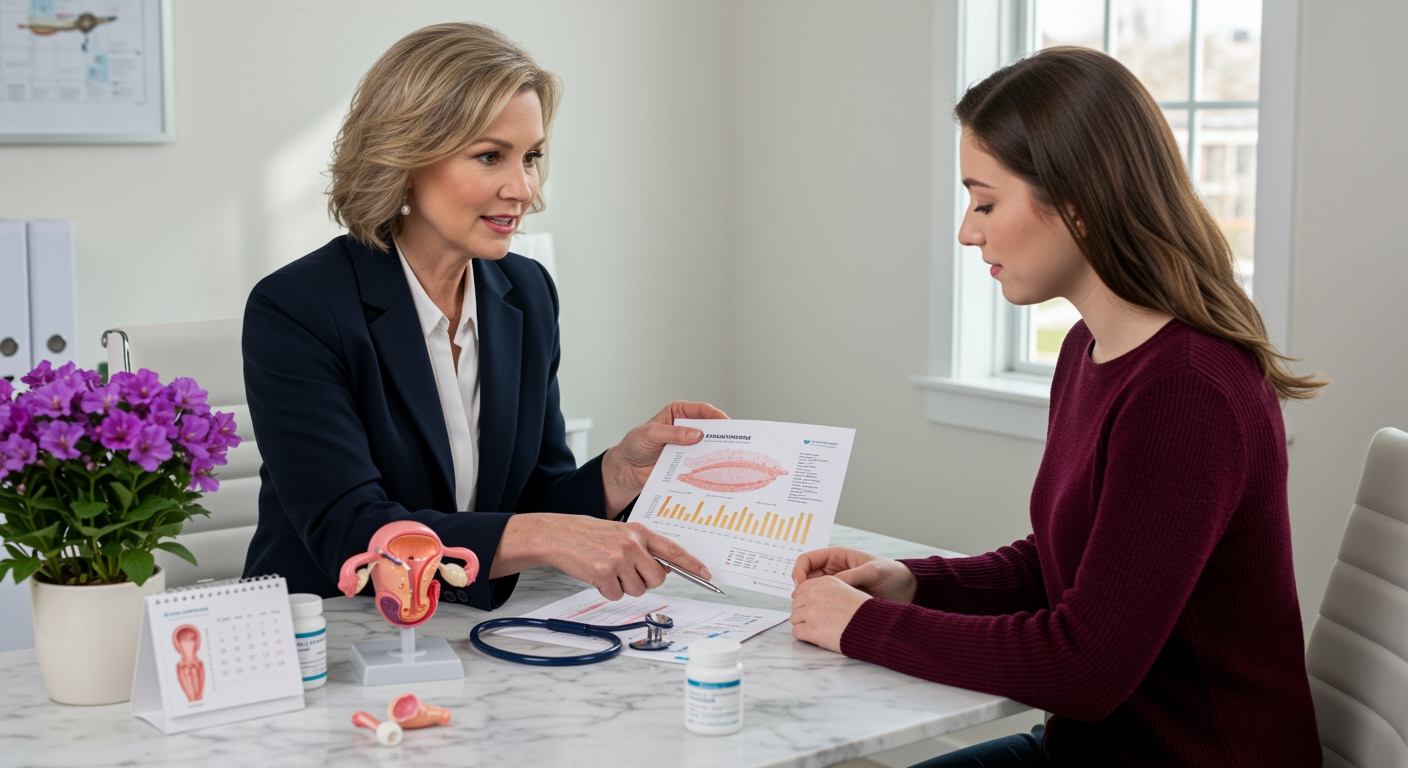✪ Key Takeaway: PCOS women can safely eat oranges for vitamin C when consumed in moderation as part of a balanced meal to minimize blood sugar spikes.
Introduction
You reach for an orange craving that burst of citrus sweetness, then suddenly stop.
The voice in your head whispers about sugar content and insulin resistance, making you question whether this simple fruit could worsen your PCOS symptoms.
Hi, I’m Abdur, your nutrition coach, and today I’m going to explain exactly how oranges affect PCOS and whether you should include them in your daily routine.
Do Oranges Spike Blood Sugar In PCOS Women?
A medium orange contains about 12 grams of natural sugar, which can raise blood glucose levels within 15-30 minutes of consumption.
However, oranges also provide 3 grams of fiber that slows down sugar absorption and prevents dramatic spikes.
Women with PCOS often have insulin resistance, meaning their cells struggle to respond properly to insulin signals.
This condition makes blood sugar management more challenging, but it does not mean you must eliminate all natural sugars from your diet.
The glycemic index of oranges ranges from 31-51, placing them in the low to moderate category.
Research shows that eating oranges with protein or healthy fats further reduces their impact on blood sugar levels.
Your body processes the natural sugars in whole oranges much differently than processed orange juice or candy.
✪ Pro Tip: Eat oranges with a handful of nuts or Greek yogurt to minimize blood sugar impact.
How Much Vitamin C Do PCOS Women Actually Need?
Adult women require 75 milligrams of vitamin C daily according to established nutritional guidelines.
One medium orange provides approximately 70 milligrams, meeting nearly your entire daily requirement.
Women with PCOS may benefit from slightly higher vitamin C intake due to increased oxidative stress in their bodies.
Chronic inflammation, common in PCOS, depletes vitamin C stores faster than normal.
Your adrenal glands, which produce stress hormones, contain the highest concentration of vitamin C in your entire body.
PCOS often involves elevated cortisol levels, which can drain these vitamin C reserves more rapidly.
Studies suggest that adequate vitamin C intake may help improve insulin sensitivity and reduce inflammation markers in PCOS women.
✪ Fact: Your body cannot produce or store vitamin C, making daily intake essential for optimal health.
Can Vitamin C From Oranges Help PCOS Symptoms?
Vitamin C acts as a powerful antioxidant that neutralizes harmful free radicals throughout your body.
PCOS women typically have higher levels of oxidative stress, which contributes to insulin resistance and inflammation.
Research indicates that vitamin C supplementation may help improve glucose metabolism and reduce fasting insulin levels.
The vitamin also supports healthy collagen production, which is important for skin health and wound healing.
Many PCOS women struggle with acne and skin issues that may benefit from adequate vitamin C intake.
Vitamin C enhances iron absorption from plant-based foods, helping prevent iron deficiency anemia common in women with heavy periods.
The nutrient also supports immune function, which can be compromised in women dealing with chronic PCOS-related inflammation.
✪ Note: Vitamin C works best as part of a comprehensive PCOS management plan, not as a standalone treatment.
What Is The Best Way To Eat Oranges With PCOS?
Choose whole oranges over orange juice to benefit from the natural fiber content.
Fiber slows sugar absorption and helps maintain steady blood glucose levels throughout the day.
Eat oranges as part of a balanced meal rather than consuming them alone on an empty stomach.
Combining oranges with protein sources like Greek yogurt or nuts creates a more stable blood sugar response.
Limit yourself to one medium orange per day to avoid excessive sugar intake.
Consider eating oranges earlier in the day when your insulin sensitivity is typically higher.
Monitor your blood sugar response if you have a glucose meter to understand how oranges affect your individual metabolism.
✪ Pro Tip: Eat the white pith under the orange peel for extra fiber and flavonoids that support blood sugar control.
Should You Choose Oranges Or Vitamin C Supplements?
Whole oranges provide additional nutrients beyond vitamin C, including folate, potassium, and beneficial plant compounds.
These nutrients work together synergistically, potentially offering greater health benefits than isolated vitamin C.
However, some PCOS women may need higher doses of vitamin C than what oranges alone can provide.
Supplements can deliver concentrated amounts without the natural sugars found in fruit.
If you choose supplements, look for buffered vitamin C with bioflavonoids for better absorption and reduced stomach irritation.
The ideal approach often combines both sources: oranges for daily nutrition and supplements when therapeutic doses are needed.
Always consult with your healthcare provider before starting high-dose vitamin C supplementation, especially if you take medications.
✪ Fact: Natural vitamin C from oranges is identical to synthetic vitamin C in terms of biological activity and absorption.
The Bottom Line
PCOS women can safely enjoy oranges as part of a balanced diet while reaping the vitamin C benefits for their overall health.
Smart nutrition choices happen when you focus on balance rather than elimination, and oranges represent exactly this principle when consumed mindfully.
Share your experiences with oranges and PCOS management in the comments below, and let me know if you have questions about incorporating citrus fruits into your daily routine.
References
At NutritionCrown, we use quality and credible sources to ensure our content is accurate and trustworthy. Below are the sources referenced in writing this article:
- NCBI: Vitamin C and PCOS Research
- PubMed: Antioxidants in PCOS Management
- Doctor Herdman Clinic: PCOS and Buffered Vitamin C
- Zita West: Fruits Good for PCOS
- PCOS Nutrition: Vitamins for PCOS Fatigue





